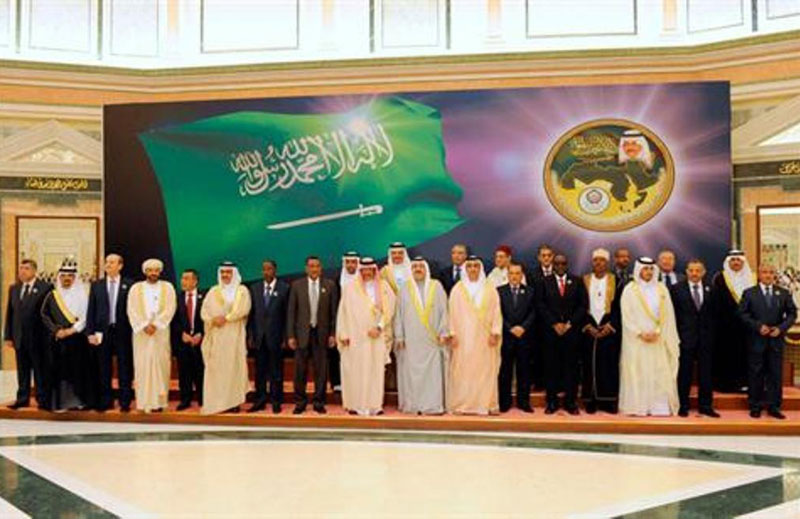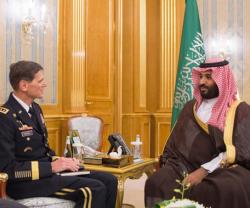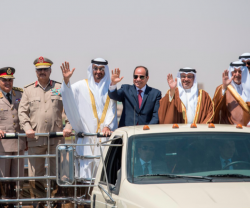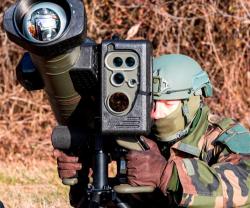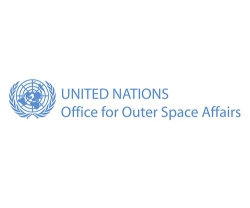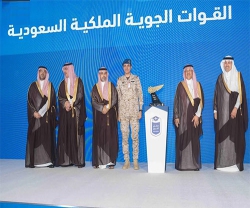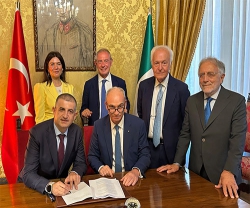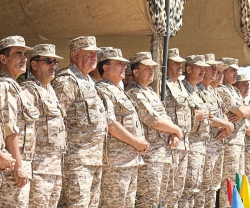Arab Interior Ministers launched their 30th session in Riyadh, Saudi Arabia on Wednesday.
High-ranking security officials and representatives from the U.N., Arab League, Gulf Cooperation Council, Arab Maghreb Union and Naif Arab University for Security Sciences (NAUSS) are also participating.
Arab Interior Ministers were advised to confront the spread of extremism through social media networks with their own cyber knowhow.
Mohammed Kuman, Head of the Council of Arab Interior Ministers, told the meeting that “extremist thought... on social networks has resulted in a major increase in terrorist acts, political assassinations and sectarian conflicts.”
“As it has become impossible to control the content of social networks, it is important to produce counter-speech,” he added.
“Ideas can only be fought by ideas,” the Saudi Official said in an opening speech at the Riyadh meeting.
Al-Qaeda and its regional offshoots often use jihadist Internet forums to post statements claiming responsibility for terror attacks, and to communicate with followers.
Its deadliest branch, the Yemen-based Al-Qaeda in the Arabian Peninsula (AQAP), began posting advertisements on the Internet last year offering training for suicide bombers to target the United States, Israel and France.
Kuman said such extremism could also be tackled through programs to rehabilitate Al-Qaeda militants who have either turned themselves in or were arrested, like one set up by Saudi Interior Minister Prince Mohammed bin Naif.
Some former detainees at the US military base in Guantanamo Bay who underwent the Saudi program have been reintegrated into society, but many have also found their way back to extremism, including by joining AQAP.
In a speech read out by Prince Mohammed, Saudi King Abdullah called for “cooperation between the people and security services... to face the the many dangerous challenges facing the Arab world and threatening its security”.
Between 2003 and 2006, Saudi Arabia was targeted by a wave of attacks claimed by Al-Qaeda, prompting a crackdown by Saudi Security Forces.
Since 2010, the Arab world has also been rocked by a wave of popular uprisings sparked by protests that were organized on websites like Facebook and Twitter.
They have resulted in the toppling of longtime autocratic leaders in Tunisia, Libya, Egypt and Yemen.
An uprising that erupted in Syria in March 2011 has degenerated into a civil war that has killed tens of thousands, and the embattled country was not represented at the Ministerial meeting.
One official at the gathering said Ministers would discuss a plan to combat terrorism and exchange intelligence on Al-Qaeda, groups linked to the jihadist network and its suspected sympathizers.
They would also discuss “stopping terrorist and extremist groups from using social networks,” the official said on condition of anonymity.
The two-day meeting is also to discuss intensifying cooperation in criminal investigation, combating drug-trafficking and civil defense.

